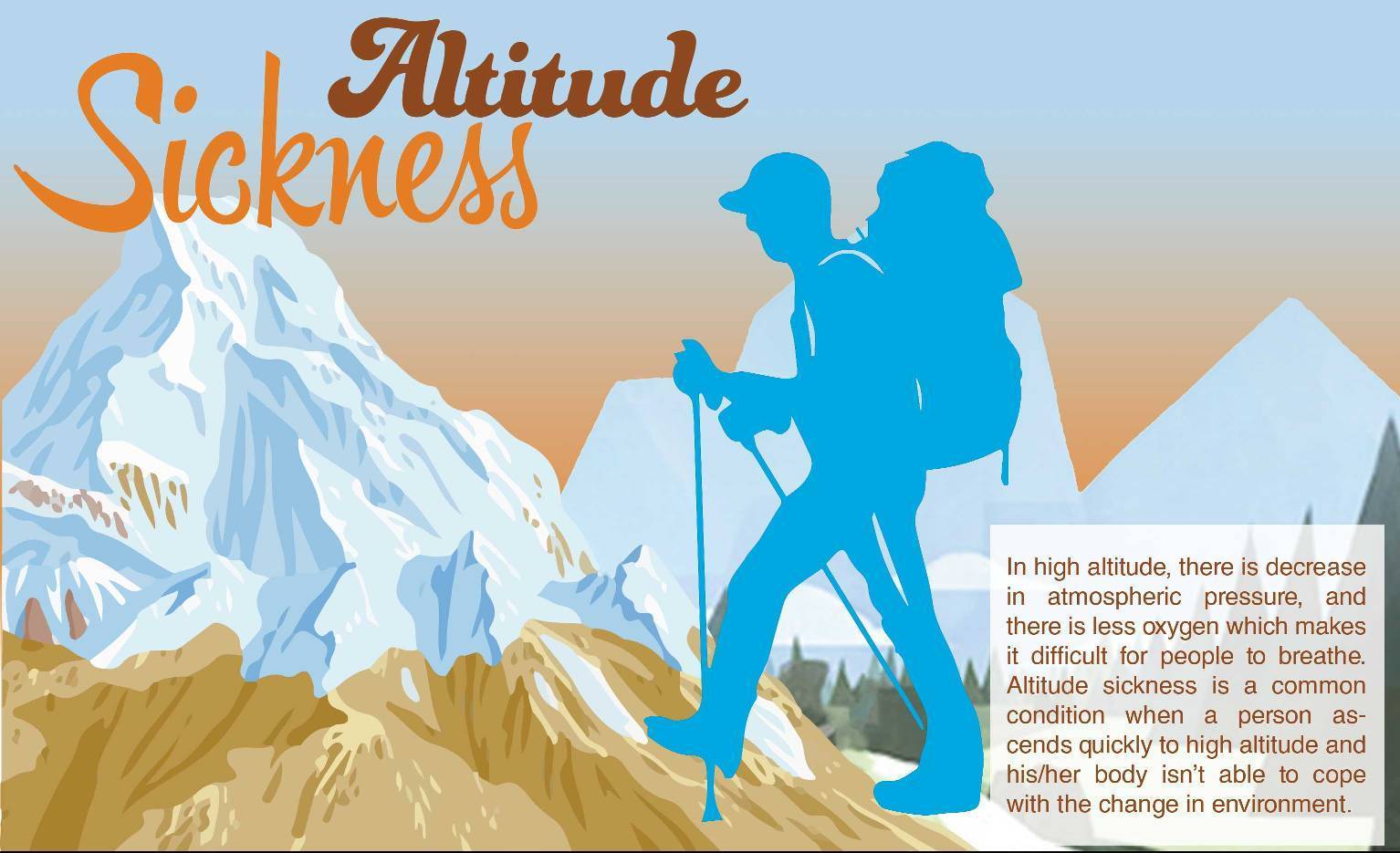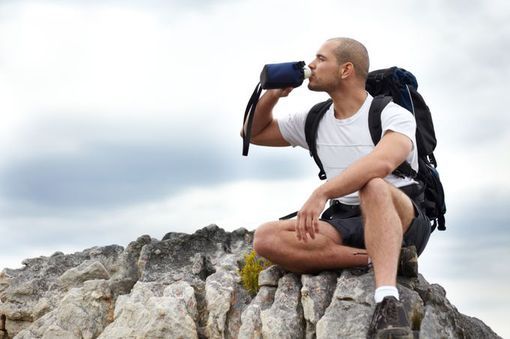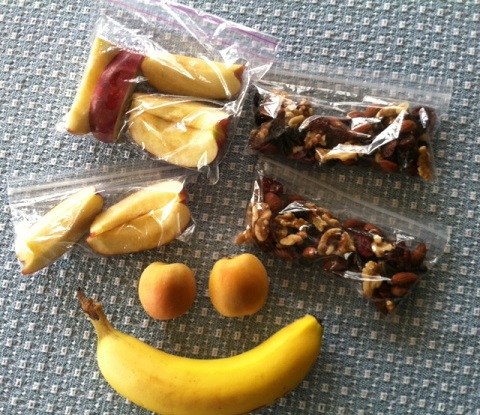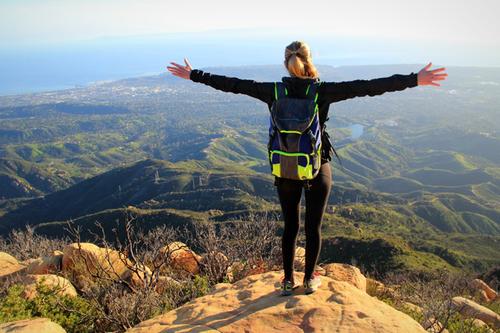More people are headed to the mountains - prevent altitude sickness with these simple steps
We’re not the mile high city just because some of us smoke pot. Colorado is way up there in elevation, which means the higher you go, the less oxygen you get. If you’ve moved here, or just visited elsewhere for an extended period of time, you can attest to the “feeling” of the air when you get into Colorado. It's extremely important to know how to prevent altitude sickness before you head up the mountains. For those who have friends or family visiting, or are new to the Centennial State, obviously you want to go check out the mountains. Maybe you want to go skiing or snowboarding, or simply want to go hike some trails. Regardless of what you’re doing and where you do it, altitude sickness can strike if you’re not prepared. Altitude sickness is very real and very dangerous. The ailment can strike as “low” as 5,000 feet above sea level. The higher you go, the thinner the air, so keep these tips in mind to ease your body through the physical shock of oxygen deprivation and the blaring sun. First it’s important to know the symptoms of Altitude sickness to understand what the ailment even is:
First it’s important to know the symptoms of Altitude sickness to understand what the ailment even is:
- Headaches
- Dizziness
- Loss of Appetite
- Nausea/vomiting
- Fatigue/energy loss
- Insomnia
 Pace Yourself:
I know, the mountains are beautiful and you want to climb to the top as quickly as possible to see that beautiful view. BIG MISTAKE. It doesn’t matter how fit you are in this situation you always want to pace yourself if you’re acclimating. If you start to feel short of breath, unreasonably sore, or consistently fatigued - slow down and take a little brake.
Fuel Up:
Keeping your energy levels up is extremely important, and there is no better way to do that than eat key foods for your body to use. Foods jam packed with potassium are great for acclimation. Some great pre-hike meals would be broccoli, bananas, greens, dried fruit, and anything with protein. Stay away from salty trail mixes or overly salty beef jerky - this can dry you out! Complex carbs are also great for stabilizing blood sugar and maintaining energy.
Pace Yourself:
I know, the mountains are beautiful and you want to climb to the top as quickly as possible to see that beautiful view. BIG MISTAKE. It doesn’t matter how fit you are in this situation you always want to pace yourself if you’re acclimating. If you start to feel short of breath, unreasonably sore, or consistently fatigued - slow down and take a little brake.
Fuel Up:
Keeping your energy levels up is extremely important, and there is no better way to do that than eat key foods for your body to use. Foods jam packed with potassium are great for acclimation. Some great pre-hike meals would be broccoli, bananas, greens, dried fruit, and anything with protein. Stay away from salty trail mixes or overly salty beef jerky - this can dry you out! Complex carbs are also great for stabilizing blood sugar and maintaining energy.
 Acclimate:
I’ve said this words a few times throughout this article, and it’s not just jargon hikers like to throw around. Adjusting to higher altitudes can take a couple of days. If you have the time during your (or your families/friends) vacation, take a day or two to properly acclimate before heading up to the high country.
Acclimate:
I’ve said this words a few times throughout this article, and it’s not just jargon hikers like to throw around. Adjusting to higher altitudes can take a couple of days. If you have the time during your (or your families/friends) vacation, take a day or two to properly acclimate before heading up to the high country.
 See, simple!! It is not difficult to prevent altitude sickness. It’s mostly a matter of being smart and being prepared. Drink and pack a ton of water, fuel with the proper foods, and pace yourself. Don’t be another tourist who has to get life-flighted off a mountain because you weren’t ready for the mountains!
See, simple!! It is not difficult to prevent altitude sickness. It’s mostly a matter of being smart and being prepared. Drink and pack a ton of water, fuel with the proper foods, and pace yourself. Don’t be another tourist who has to get life-flighted off a mountain because you weren’t ready for the mountains!
